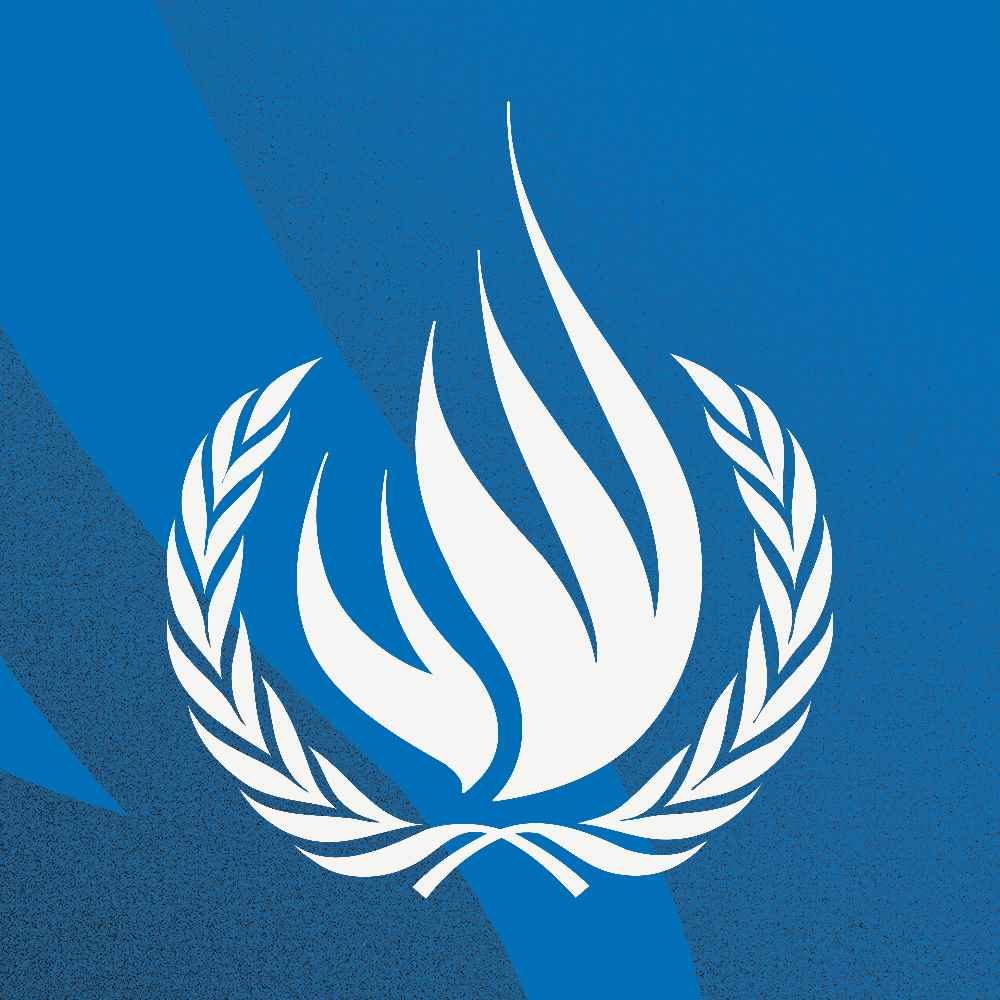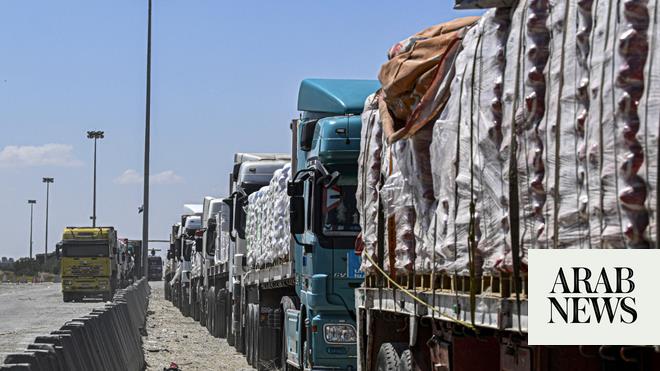
GENEVA (20 May 2024) – Mongolia needs to shift away from the existing punitive approach across all places of deprivation of liberty and to ensure its independent torture monitoring body plays an effective role in torture prevention, UN experts said after their second visit to the country.
During its latest mission to Mongolia from 5 to 16 May, a delegation from the UN Subcommittee on Prevention of Torture (SPT) conducted unannounced visits to prisons, detention facilities, arrest centres, police cells, sobering up facilities, psychiatric institutions, as well as care homes for elderly and children.
While acknowledging Mongolia’s recent designation of an independent national preventive mechanism (NPM) and the implementation of some key recommendations by the SPT following its first visit in 2017, the delegation underscored that further steps remain to be taken.
“Some of the commendable initiatives undertaken by the authorities are overshadowed by the punitive and retributive system that prevails across detention facilities in Mongolia,” said Elīna Šteinerte, head of the SPT delegation. “We therefore call on Mongolia to prioritise rehabilitation and reintegration of people deprived of their liberty as part of effective efforts to safeguard them from torture and cruel, inhuman or degrading treatment.”
“To this end, the newly established national preventive mechanism should be seen as a key partner in assisting the Mongolian authorities to achieve this paradigm change,” She stated.
During the 12-day visit, the SPT delegation conducted private and confidential interviews with those detained or deprived of their liberty and officials working in various facilities. The delegation also met with government officials, the National Human Rights Commission and its NPM unit, civil society representatives and UN agencies.
The SPT delegation held meetings and workshops and carried out several joint visits with the Mongolian NMP to support their work.
“We encouraged the Government to further strengthen the NPM, whose independence is paramount to enable it to fulfil its preventive mandate effectively,” Šteinerte said.
The SPT will submit a confidential report to the Government of Mongolia with its observations and recommendations on preventing torture and ill-treatment of people deprived of their liberty as required by Article 16 of the Optional Protocol to the Convention against Torture. The SPT encourages Mongolia to put forth the publication of this report as the State party did after the SPT 2017 visit.
The SPT delegation was composed of Elīna Šteinerte, head of delegation (Latvia), Nika Kvaratskhelia (Georgia), Anica Tomsic (Croatia), and Martin Zinkler (Germany).
The delegation was accompanied by two human rights officers from the SPT Secretariat.
For more information about the mission, please contact:
Armen Avetisyan at armen.avetisyan@un.org
Vivian Kwok at vivian.kwok@un.org
Background
To date, the Optional Protocol to the Convention Against Torture has been ratified by 94 States. States are under the obligation to allow the SPT unannounced and unhindered visits to all places where persons are deprived of their liberty. States parties should also establish a national preventive mechanism, which should conduct regular visits to places throughout the country where people are deprived of liberty.
The mandate of the SPT is to prevent torture and other cruel, inhuman or degrading treatment or punishment of persons deprived of their liberty, through visits and recommendations to States parties to the Optional Protocol. The SPT communicates its recommendations and observations to States by means of a confidential report and, where necessary, to national preventive mechanisms. However, States parties are encouraged to request that the SPT publish the reports.
The SPT is composed of 25 independent and impartial members who are independent human rights experts drawn from around the world, who serve in their personal capacity and not as representatives of States Parties.
Learn more with our videos on the Treaty Body system and
on the Subcommittee on Prevention of Torture
Follow the UN Treaty Bodies on social media!
We are on Twitter @UNTreatyBodie







